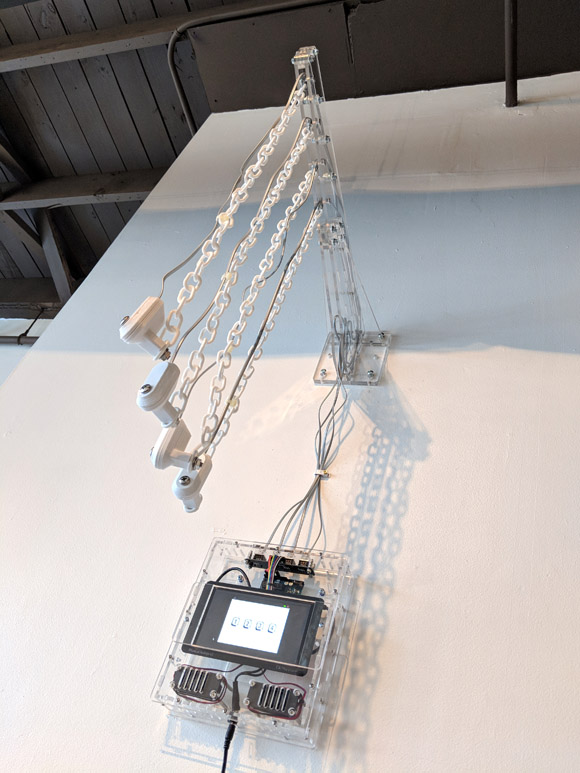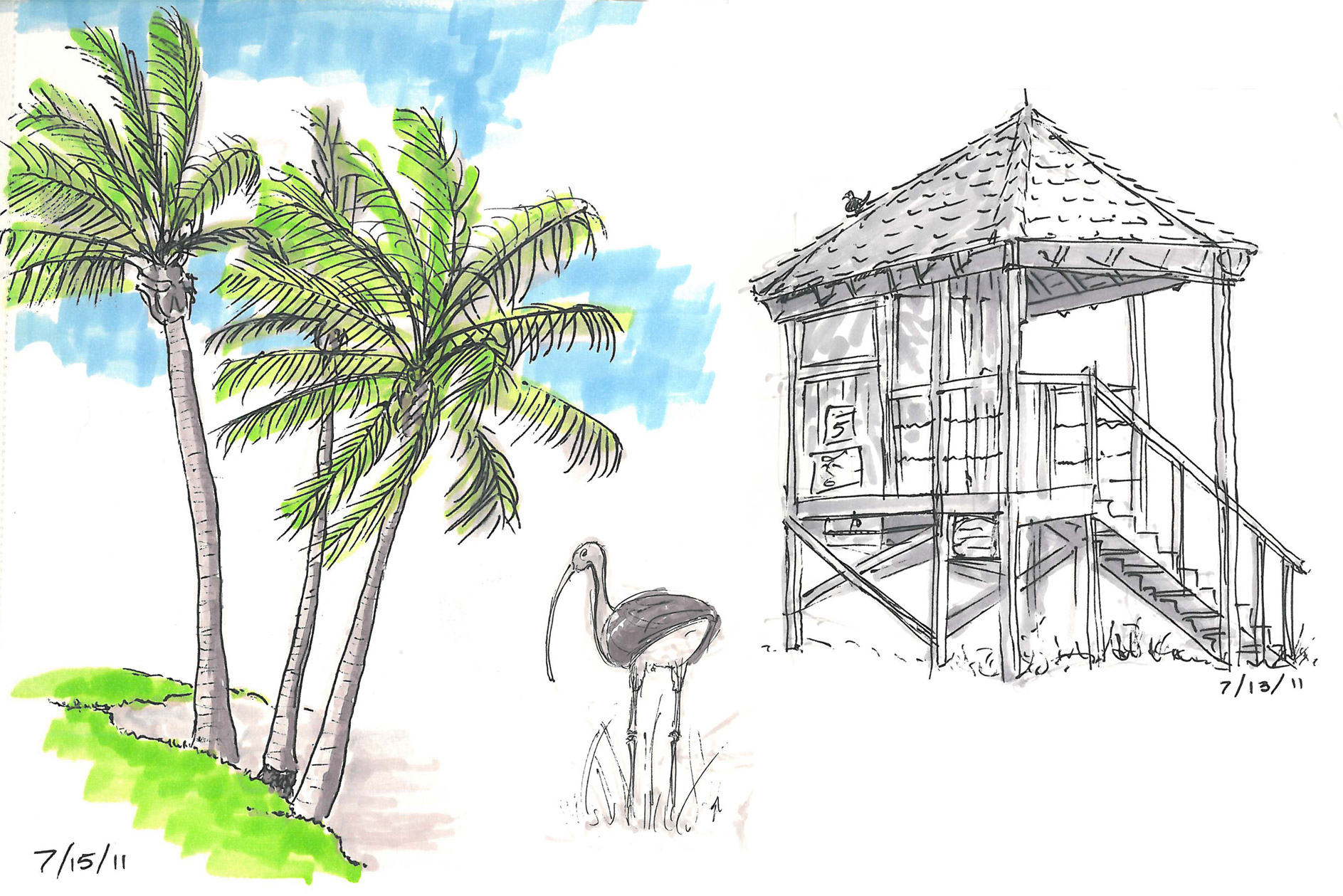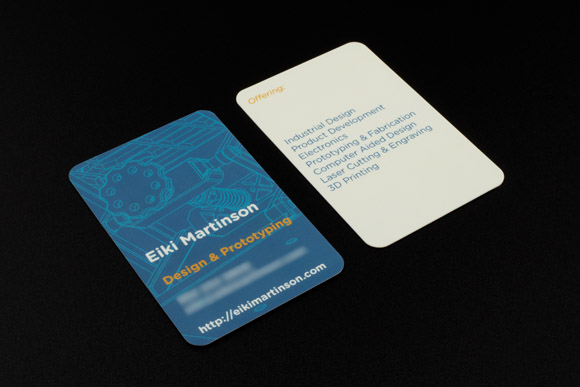Github and Grabcad
Although I'm not very active on either platform, I have accounts on both Github, for some of my more public software efforts (mostly web development experiments), and on Grabcad, for some parts I've modeled in CAD that are both non-proprietary and potentially useful to other engineers. These models are mostly commercially available products that I have to work with or design something around, and Grabcad has a more appropriate audience for that than, say, Thingiverse. Naturally Grabcad also gets bonus points for having been an Estonian startup!
So if you'd like to be fully aware of my activities on the Internet, now split over at least ten platforms including this blog, visit both sites and follow me there too. Thanks!


